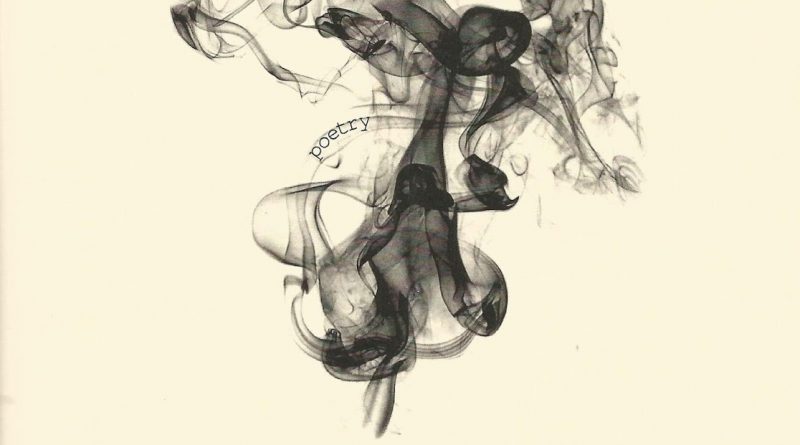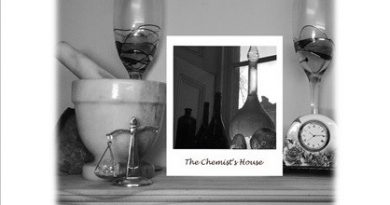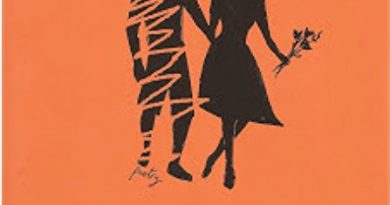Scare Stories by David Clarke
– Reviewed by Becky Varley–Winter –
David Clarke has occasionally written reviews for Sabotage, creating some mild conflict of interest; I read Scare Stories with the understanding that I would review it if I enjoyed it, after our original reviewer fell ill. So I enjoyed this book, if ‘enjoy’ is the right word for a pamphlet soaked in the dread of 2017: ‘post-truth / pummels us like a summer cold’, Clarke writes. Scare Stories is set in a dystopian landscape that takes on some of the scarier aspects of our own, in a sequence meant to be read aloud ‘in any order’.
Clarke writes with a plural, collective voice throughout – ‘we’ and ‘us’, rather than ‘I’ and ‘me’ – but the nature of this ‘us’ varies. At times, he speaks in the voice of the regime itself, as guards watch migrants vanish at sea: ‘But rules is rules. / Their light blinked off behind a wave’. At other points, his ‘us’ feels more intimate, following a couple, mulling over sex and death against coppery sunsets: ‘How can we speak of lovely dusk? / That child whose birth we thought we must / decide against. Unborn. Unnamed.’ I find this intimate ‘us’ most affecting, if only because it is difficult to inhabit a viewpoint that you hate. The poet’s own position on the migrant crisis is never in doubt, and his stooges generally appear as shadowy outlines or satirical targets, though there is some sense of observation conflicting with professed opinion (‘But rules is rules’), as his speakers are aware of the vulnerability of migration, ‘these two, / spinning on their raft in such / a darkness’.
The poems in Scare Stories are all short and pithy, their bruised moments pressing against compact enclosures. We watch a glacier as it ‘no longer strains/ to hold itself together. The pains / of its great dying’: the form of the poem stays firm around this icy cascade. We see two lovers looking for a place to ‘fuck’ in their cold kitchen, its surfaces unyielding: ‘The garden foxes will watch like priests.’ Scare Stories has a welcome edge of humour, handling threats with an occasional grin, and the poems all follow an abba rhyming structure, which makes each thought loop back on itself quickly, creating the same sensation as a punchline or quick retort.
Ultimately, this is a poetry of disillusionment, survival and longing. For example, in one poem, the speakers yearn for music to return to them: ‘We cup / our hands to coax some sound, raise up / our empty throats.’ Clarke evokes nagging, stunted potential, a sense that the human body is not numb or empty, even if this only emerges fully in death: ‘This tomb will break apart, / become a cataract to scour / the plain’. Yet the city parks are still ‘alive with talk’, and the speakers race hot-wired cars around the outskirts of town with a restless determination to make something happen, ‘our scars / synecdoche of all we did’. Energy burns through the ‘glowing underpass’. It is not that these poems are in love with catastrophe; if anything, they are wryly bored by it. Clarke never evokes a sublime sense of awe in destruction. Instead, these poems stay sensitive to dreams in spite of it, as orchids breathe ‘like pale lungs’. My one leftover wish at the conclusion of the sequence was for a looser, longer poem that tumbled down the page: given Clarke’s obvious gifts, I wondered what he would do with a larger canvas. However, his sustained use of form is also quite admirable. With controlled nerve, he offers a sequence of quick, dark bites, with glinting teeth.




